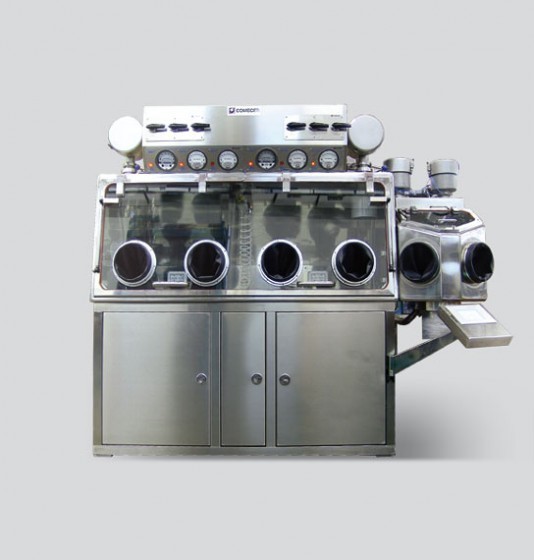What is a Barrier Isolator?
A barrier isolator is a device that is the physical barrier between a laboratory technician or observers and laboratory work that is in progress. The pharmaceutical industry is the largest barrier isolator user. Modern barrier isolators can be operated at ambient, positive, or negative environmental pressures. They also protect people, the environment, a product, or a combination of these. Many industries use barrier isolators, resulting in higher quality products that require a clean production environment and reduced industrial risk for company employees.
History of the Barrier Isolator
As the pharmaceutical industry matured, it determined that human beings were the single greatest contamination source during the drug manufacturing process. At first, the industry started minimizing personnel who could enter the product process zone, then in the mid 1980s, barrier isolators were used to further improve the products’ quality. In the 1990s, restricted access barrier isolators were deployed to further separate technicians from physical processes, resulting in an even greater improvement in drug production quality. Since that time, isolators that focus on niche design and research have been developed, which further helped to protect technicians while ensuring that processes that require a “clean” environment have as little intrusion as possible.
Current Applications of Barrier Isolator Technology
The pharmaceutical industry is not the only one that has benefited from using barrier isolator technology. The containment and aseptic systems used in this field also benefit the nuclear, fine chemical, food, dairy, and beverage industries. Current systems can isolate potent compounds that may prove harmful to the environment or employees and keep a production environment free of contaminants from workers or other polluting sources.


Comments - No Responses to “What is a Barrier Isolator?”
Sorry but comments are closed at this time.